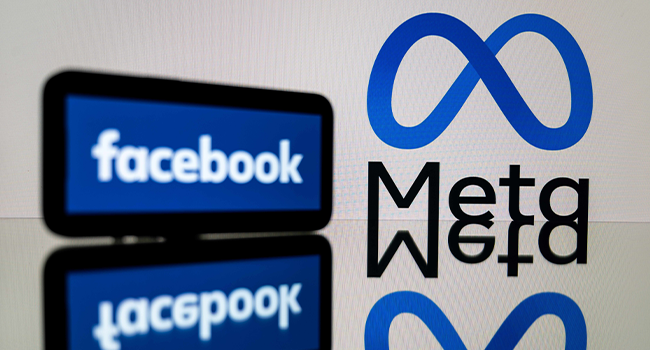
The Singapore government has issued a groundbreaking directive to Meta, ordering the tech giant to implement stronger safeguards including facial recognition technology to combat a surge in Facebook impersonation scams targeting government officials.
This marks the first enforcement action under Singapore’s Online Criminal Harms Act (OCHA).
Meta, which owns Facebook, has until September 30 to comply. Failure to do so could result in a fine of up to S$1 million (US$776,400), with additional penalties of S$100,000 per day if violations continue after conviction, the Ministry of Home Affairs (MHA) announced on Thursday.
Under the directive, Meta must:
Deploy enhanced facial recognition measures to detect and block fake accounts.
Prioritise review of end-user reports from Singapore.
Act swiftly to remove scam ads, accounts, profiles, and business pages impersonating government leaders.
The move follows a sharp rise in government impersonation scams. Between June 2024 and June 2025, the Singapore Police Force (SPF) disrupted about 2,000 fake ads and accounts exploiting Facebook to impersonate public office holders.
“Facebook is the top platform used by scammers for such impersonation scams,” the MHA said. “Stemming this proliferation is critical to protect the public and uphold trust in government institutions.”
The order was first flagged earlier this month at the Global Anti-Scam Summit Asia 2025. Authorities said they are also considering extending similar requirements to other online platforms.
Meta, in response, told CNA it prohibits impersonation and deceptive ads, stressing that it invests heavily in facial recognition systems, detection tools, advertiser verification, and enforcement teams. A spokesperson added: “Scammers constantly adapt to evade enforcement. That’s why we work with law enforcement and take legal action against those behind these scams.”
Authorities said they will also collaborate with Meta to extend protection to other high-profile public figures in Singapore who risk being impersonated.
Be the first to comment